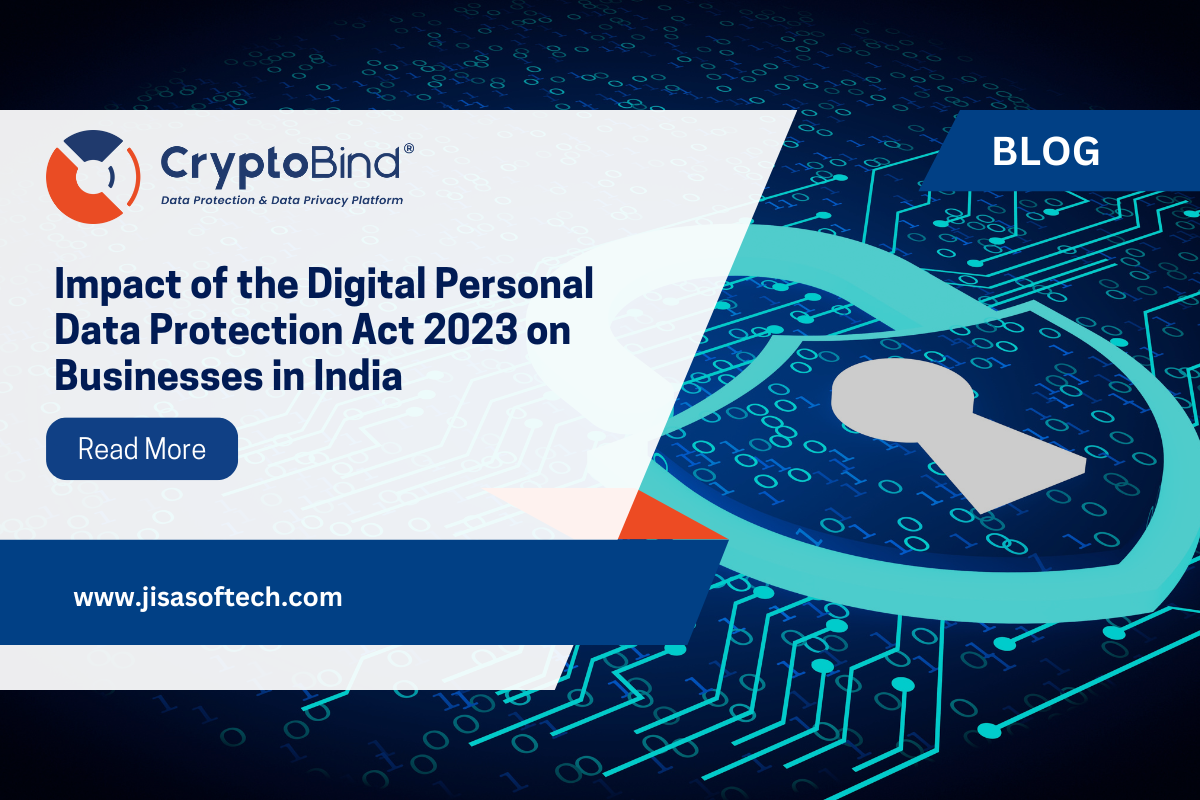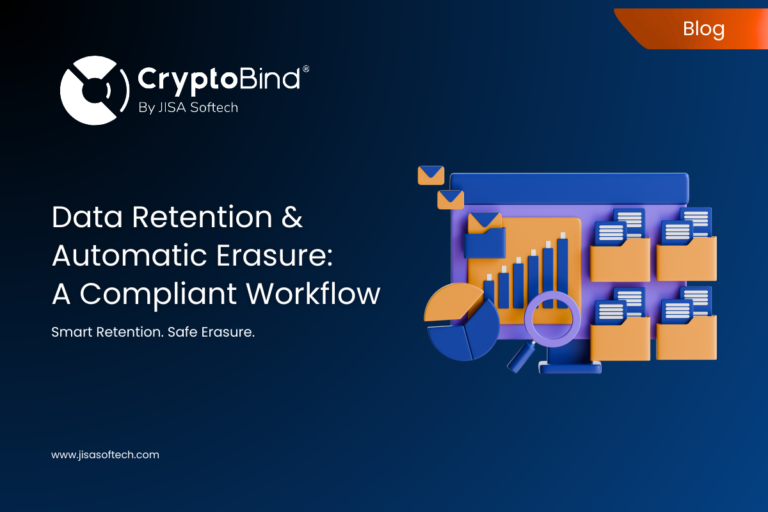Impact of the Digital Personal Data Protection Act 2023 on Businesses in India
The Digital Personal Data Protection Act (DPDPA) 2023 marks a monumental shift in how businesses in India handle data protection and privacy. With its focus on securing personal data in an increasingly digital world, the DPDPA introduces a comprehensive framework that all businesses, regardless of sector, must comply with. This landmark legislation not only strengthens data security but also reshapes customer trust and business accountability.
A New Era of Data Protection
The DPDPA 2023 governs the processing of digital personal data within India and extends its reach to entities outside the country offering goods or services to Indian residents. The Act requires that personal data be processed only for lawful purposes and with explicit consent from individuals, except in cases where exceptions apply, such as legal obligations or state functions.
As a result, businesses must reevaluate their data management strategies, ensuring compliance through mechanisms that address consent, data accuracy, secure processing, and timely deletion of personal data once its purpose has been fulfilled.
Key Highlights of the DPDPA
- Broad Applicability: The Act applies to both online and offline data, including data that is digitized later. It extends to data processing outside India if it concerns Indian residents.
- Stringent Consent Requirements: Personal data can only be processed with individual consent, except for situations involving state functions or legal obligations.
- Enhanced Data Principal Rights: Individuals can exercise rights such as accessing, correcting, deleting, or raising grievances regarding their personal data.
- Data Protection Board of India: A dedicated authority established to address non-compliance and ensure adherence to the Act.
Impact Across Business Sectors
The ripple effects of the DPDPA 2023 are widespread, reshaping operations across various industries:
- Financial Services: With data central to operations like credit scoring, risk assessment, and fraud detection, financial institutions must now secure explicit consent for data processing. Although compliance may increase operational costs, the Act promotes transparency and strengthens customer trust—key factors in maintaining long-term relationships.
- E-commerce: E-commerce businesses face significant challenges, especially concerning the processing of children’s data. Profiling and targeted advertising aimed at children now require parental consent. Companies must implement privacy frameworks, adopt “privacy by design,” and adjust their marketing strategies to comply with the new regulations.
- Healthcare: The healthcare sector, dealing with sensitive medical data, must obtain explicit consent from patients before collecting or sharing their data. This requirement is prompting investments in secure data storage and processing technologies to protect critical health information.
- Technology and IT Services: Technology companies, which process large amounts of user data, are reassessing their data management systems. They are adopting advanced privacy technologies to ensure compliance, manage data breaches, and protect user rights—integrating data protection into the innovation lifecycle.
- Small and Medium Enterprises (SMEs): For SMEs, DPDPA compliance presents both challenges and opportunities. While the cost of upgrading systems and processes can be a burden, compliance helps build customer trust, ultimately fostering growth and expanding their customer base.
Steps Businesses Need to Take
To thrive under the DPDPA 2023, businesses must take strategic steps, including:
- Redefining Consent Mechanisms: Develop transparent systems to secure and manage consent from individuals effectively.
- Privacy by Design: Integrate privacy features into the product development lifecycle from the outset.
- Data Retention Policies: Set clear timelines for retaining and deleting personal data in line with compliance requirements.
- Breach Management: Establish frameworks for timely breach notifications to both stakeholders and regulatory bodies.
- Empowering Data Principal Rights: Offer easy-to-use systems that allow individuals to exercise their rights, such as data access and deletion.
Opportunities Amid Challenges
While complying with the DPDPA requires investment, it also presents opportunities for innovation and trust-building. Businesses that proactively embrace these changes can position themselves as leaders in data ethics and security.
Furthermore, the Act fosters privacy-focused innovation, such as secure data analytics, anonymized processing, and next-generation consent mechanisms. Companies that prioritize data protection can leverage it as a competitive advantage in an increasingly digital economy.
Conclusion
The Digital Personal Data Protection Act 2023 ushers in a new era for businesses in India. By prioritizing transparency, accountability, and customer empowerment, the Act fosters trust in the digital economy. As businesses adapt to these changes, they should view compliance as a catalyst for innovation and sustainable growth.
In this evolving landscape, businesses that align their operations with the DPDPA will not only meet regulatory requirements but also lay a solid foundation for long-term success in a data-driven world.
Ensure Compliance with the Digital Personal Data Protection Act 2023
Stay ahead of the curve and safeguard your business with CryptoBind advanced data protection and data privacy solutions. Our comprehensive suite ensures seamless compliance with the DPDPA, offering robust encryption, secure data processing, and complete control over data access. Protect your customers’ data, build trust, and mitigate risks today.
Contact us now to learn how we can help you achieve DPDPA compliance effortlessly!







